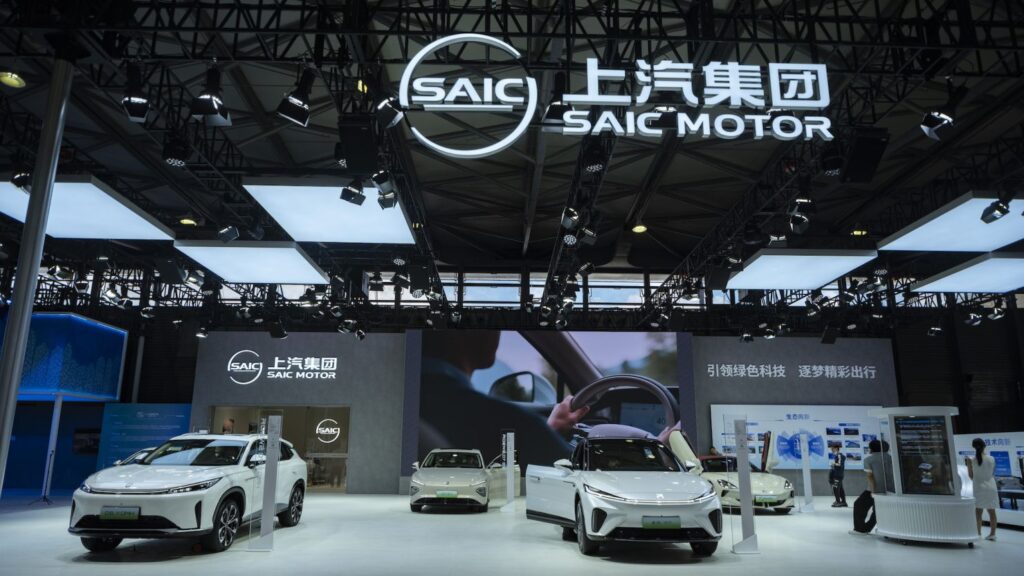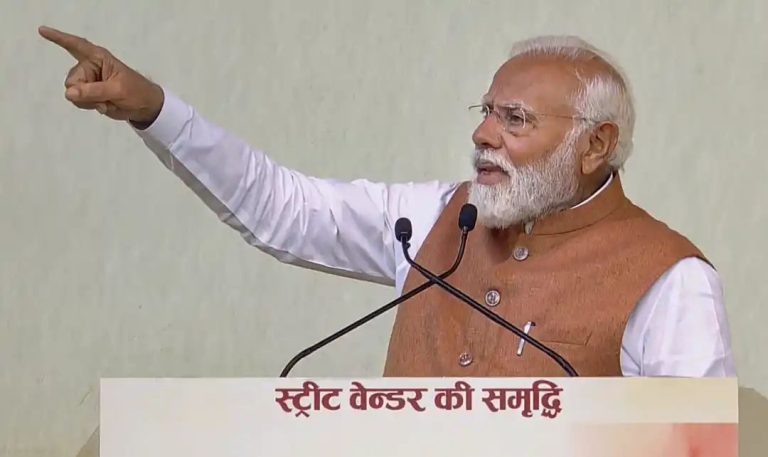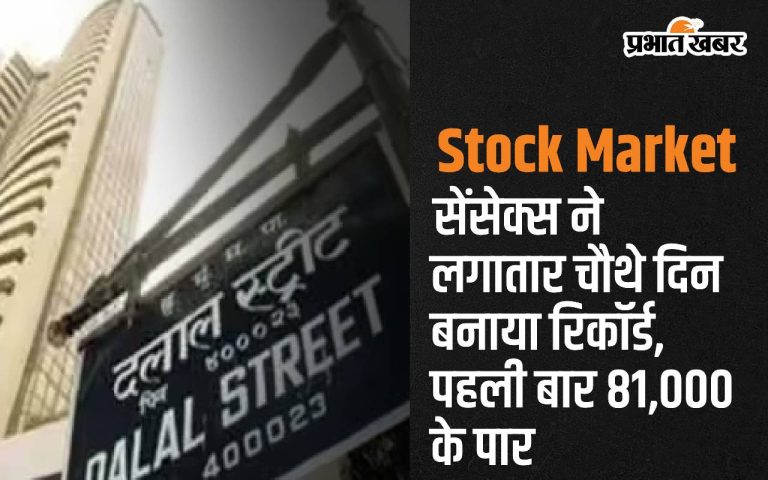EU Hits China With Hefty Tariffs on Electric Cars
The European Union (EU) has ignited a potential trade firestorm by implementing immediate tariffs on electric vehicles (EVs) imported from China. The move, effective July 5th, 2024, comes after a nine-month investigation concluded that Chinese government subsidies distort the market, giving Chinese carmakers an unfair advantage.
The tariffs vary depending on the manufacturer. BYD faces a 17.4% duty, while SAIC, another major Chinese automaker, is hit the hardest with a 37.6% tariff. Notably, companies deemed to have cooperated with the EU’s investigation, including Western giants Tesla and BMW with manufacturing facilities in China, will face a lower 20.8% tariff.
EU’s Tariff Decision Sparks Internal Division and Global Trade Concerns
This decision has been met with mixed reactions. The European Commission, the executive arm of the EU, argues that the tariffs are necessary to protect European car manufacturers from unfair competition. Brussels accuses Beijing of lavishing its carmakers with subsidies that lead to artificially low prices for Chinese EVs.
“A level playing field is essential for a healthy and competitive car industry in Europe,” stated a European Commission spokesperson. “These measures will ensure fair competition and protect European jobs in the automotive sector, a crucial industry for our economy.”
However, the decision has caused friction within the EU itself. Germany, a major car-producing nation with significant sales in China, has been a vocal opponent of the tariffs. Volkswagen, a German carmaker, criticized the move, fearing retaliation from China that could hurt its own business interests.
“These tariffs are a mistake,” said a Volkswagen spokesperson. “They will only lead to higher prices for consumers and disrupt global supply chains.”
The German argument reflects a wider concern within the business community. Industry executives warn that the tariffs could trigger a trade war with China, the world’s largest car market. This could lead to retaliatory tariffs on European goods, ultimately harming both sides.
“This is a dangerous escalation,” said an analyst from the European Automobile Manufacturers’ Association. “A trade war would be disastrous for the global auto industry and consumers alike.”
Beyond the immediate economic impact, the EU’s decision also carries geopolitical weight. The move comes amid broader tensions between the EU and China on issues ranging from human rights to trade practices. The tariffs could further strain this relationship.
EU-China Trade Tensions Escalate Over Electric Vehicle Tariffs
China has strongly condemned the EU’s decision, calling it “protectionist” and a violation of World Trade Organization (WTO) rules. Beijing has threatened to take retaliatory measures, raising the specter of a full-blown trade war.
“The EU’s actions are short-sighted and self-serving,” said a spokesperson for the Chinese Ministry of Commerce. “They will ultimately hurt European consumers and businesses.”
The future trajectory of this dispute remains uncertain. The EU has expressed a willingness to negotiate with China to find a mutually beneficial solution. However, both sides appear entrenched in their positions, making a quick resolution unlikely.
The impact of these tariffs on consumers is yet to be fully understood. While the stated goal is to protect European jobs, it’s possible that car prices for consumers could rise due to the additional costs imposed on manufacturers. This could dampen the growth of the EV market in Europe, which is seen as crucial for achieving climate goals.
The EU’s decision to impose tariffs on Chinese EVs is a significant development with far-reaching implications. It could disrupt global trade flows, escalate tensions with China, and impact the future of the electric vehicle market. Only time will tell how this story unfolds.






